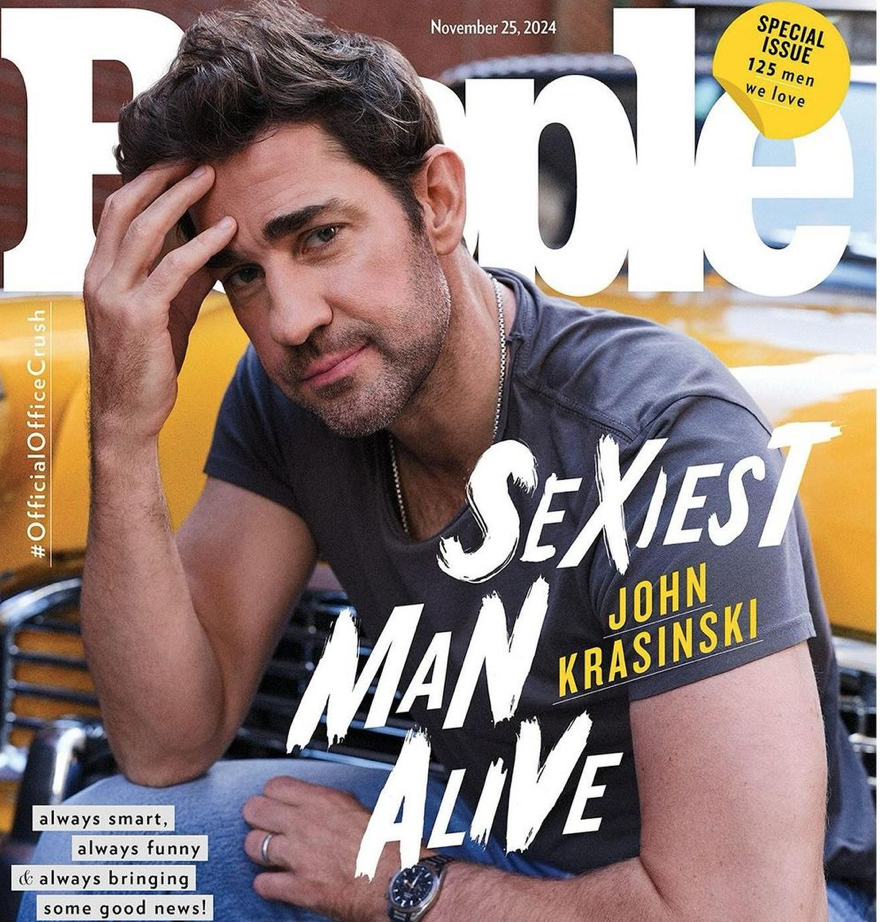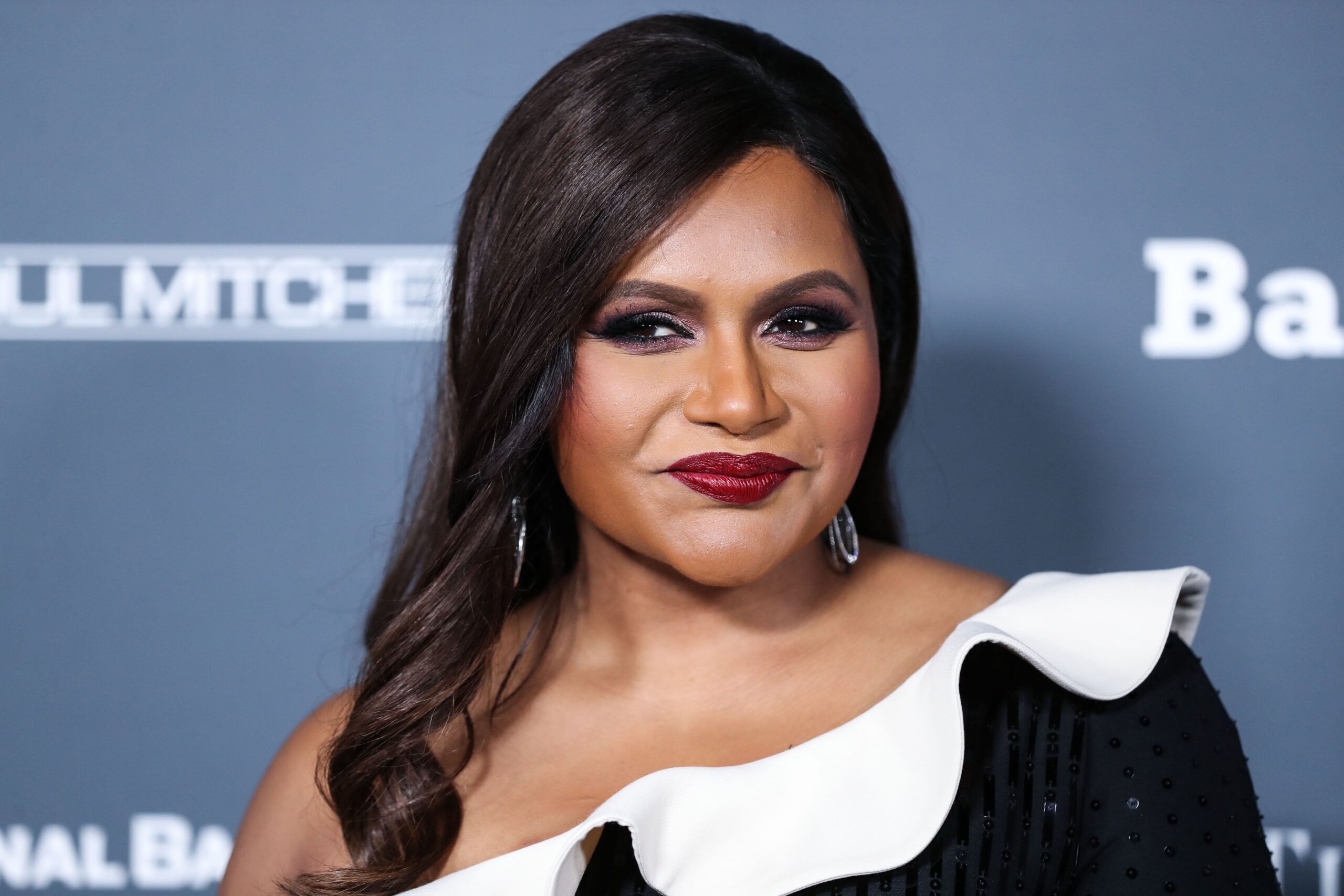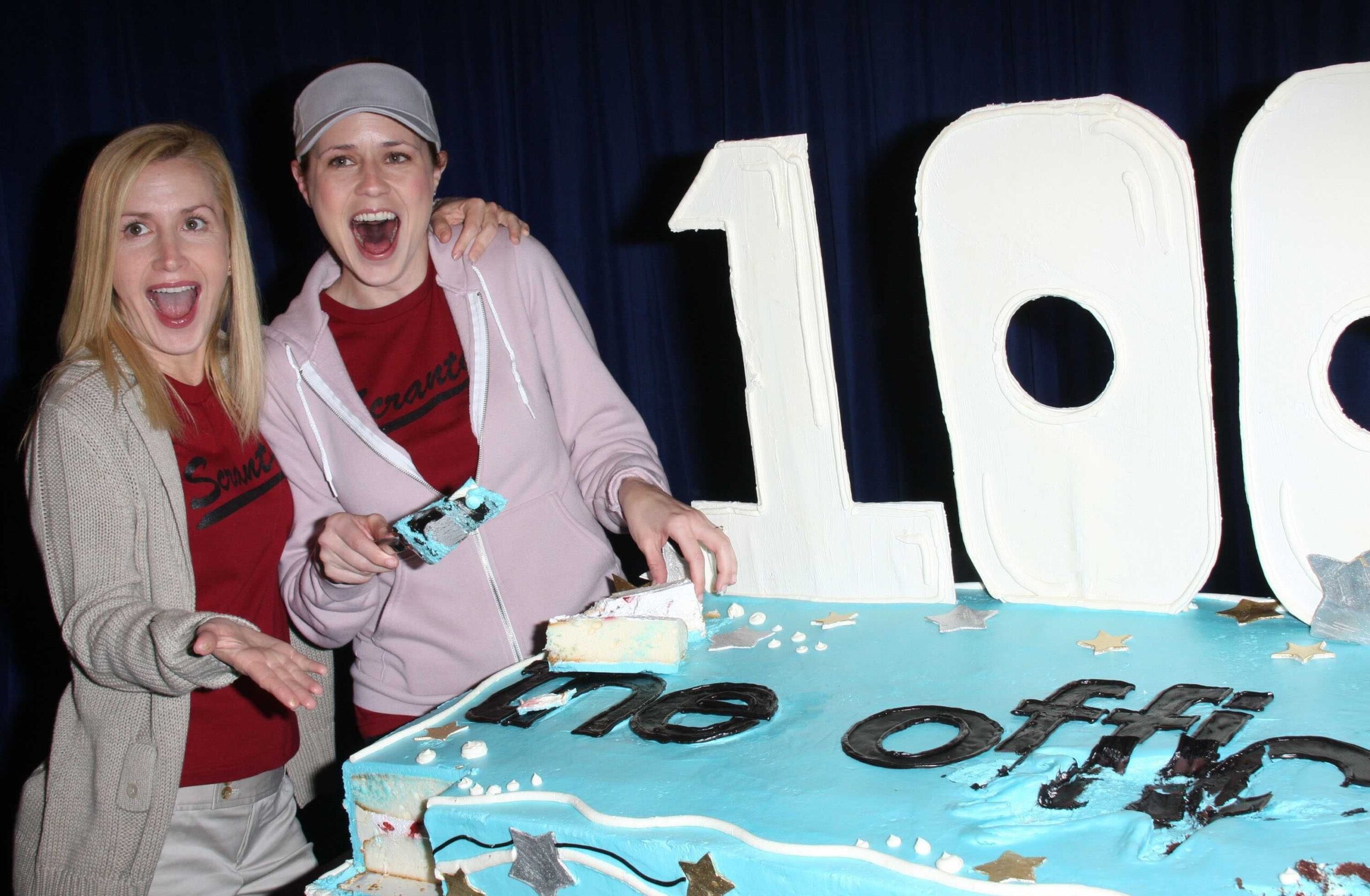Despite popular opinion, apparently the requirements for being People’s Sexiest Man Alive are extensive. The publication speaks with famous women and focus groups, while also taking into account social media discourse. And then there are factors like consent and enthusiasm that play in. Of course, the Sexiest Man Alive has to actually accept the honor […]











